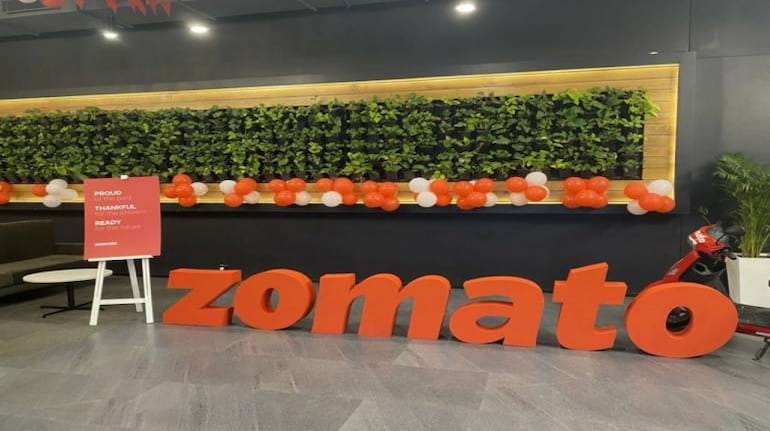



The competitive intensity has reduced in quick commerce as funding has dried up in the startup sector, Zomato chief financial officer (CFO) Akshant Goyal said in an analyst call on Tuesday.
According to the CFO, this will help Zomato’s investee companies in the segment scale up their operations faster and with less expenditure. “Had it still been like 2021, we would have seen three or four more startups getting funded in this space. The current environment gives us a good window to scale up our business without spending too much,” he added.
A day after Zomato announced that its net loss had widened to Rs 359 crore despite a 75 percent increase in revenue, analysts grilled the company’s top management with questions on its path to profitability and the rationale behind investments in quick commerce.
Commenting on why Zomato finds quick commerce attractive, Goyal said, “We look at it as a product-commerce play. In India, grocery has worked in a particular format. But, our approach is different as distribution centres are not centralised warehouses but local micro dark stores. And we are using our existing capabilities to deliver in a few minutes.”
He added, “The online penetration for groceries is still small in the country. So, we are taking share away from others, there is a lot to grow as the market is very large, and it's too early to think about competition.”
On its $150 million loans to Blinkit (formerly Grofers), the company said that the entire amount has not been disbursed yet. “Whether we give the remaining amount will depend on if they need the money,” said Akshant.
When asked about Zomato’s path to profitability, CFO Goyal said that it was not an immediate concern as the company still has around $1.6 billion of cash in the bank – and this corpus should be enough to attain profitability as a group. However, CEO Deepinder Goyal said that the company “is not going to spend the most of it” by the time it becomes profitable.
Commenting on the contribution margin, Zomato's spokesperson said, “Over time, the order density will go up which essentially means that the neighbourhood will mature with more restaurants and orders. Currently, our radius is much more than what we would like to have.
With orders going up and radius coming down, the delivery cost will come down massively. The delivery cost today is based on the distance they travel. But, as radius comes down, the savings that we then make, can be shared with our delivery partners.” To be clear, customer acquisition and delivery are two of the major costs for these players. As these companies face shortage of gig workers, experts anticipate that the cost of fleets will dramatically increase.
Zomato currently clocks 90% of its monthly business from repeat customers.
At a time when more than 5,000 employees are said to have been fired across the tech startup ecosystem, Zomato said that it does not have any plans to cut its headcount. But it is not going to increase its employee strength also.
Discover the latest Business News, Sensex, and Nifty updates. Obtain Personal Finance insights, tax queries, and expert opinions on Moneycontrol or download the Moneycontrol App to stay updated!
Find the best of Al News in one place, specially curated for you every weekend.
Stay on top of the latest tech trends and biggest startup news.